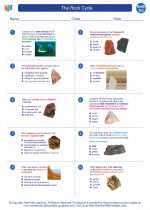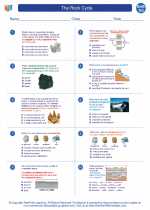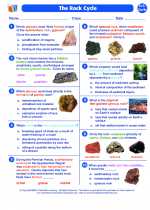Composition of Gasoline:
Gasoline is primarily composed of hydrocarbons, which are organic compounds made up of hydrogen and carbon atoms. The specific composition of gasoline can vary, but it generally contains alkanes, cycloalkanes, and aromatic hydrocarbons. Additionally, gasoline may also contain small amounts of additives such as detergents, corrosion inhibitors, and octane enhancers.
Properties of Gasoline:
Gasoline is a highly flammable liquid with a relatively low boiling point. It is lighter than water and evaporates quickly at room temperature. Gasoline has a characteristic odor and is less dense than water, which is why it floats on its surface.
Uses of Gasoline:
The primary use of gasoline is as a fuel for internal combustion engines in vehicles and small machinery. It provides the energy necessary for these engines to operate, powering the movement of vehicles and the operation of various equipment.
Environmental Impact:
Burning gasoline releases carbon dioxide and other pollutants into the atmosphere, contributing to air pollution and climate change. Spills of gasoline can also contaminate soil and water, posing a threat to the environment and human health.
Study Guide for Gasoline:
- What is the primary composition of gasoline?
- What are the properties of gasoline?
- What are the main uses of gasoline?
- What is the environmental impact of gasoline?
Sample Questions:
- What are the primary components of gasoline?
- Describe the properties of gasoline.
- How is gasoline used in modern society?
- Discuss the environmental impact of gasoline.
◂Earth Science Worksheets and Study Guides High School. The Rock Cycle

 Worksheet/Answer key
Worksheet/Answer key
 Worksheet/Answer key
Worksheet/Answer key
 Worksheet/Answer key
Worksheet/Answer key
 Vocabulary/Answer key
Vocabulary/Answer key
 Vocabulary/Answer key
Vocabulary/Answer key
 Vocabulary/Answer key
Vocabulary/Answer key
